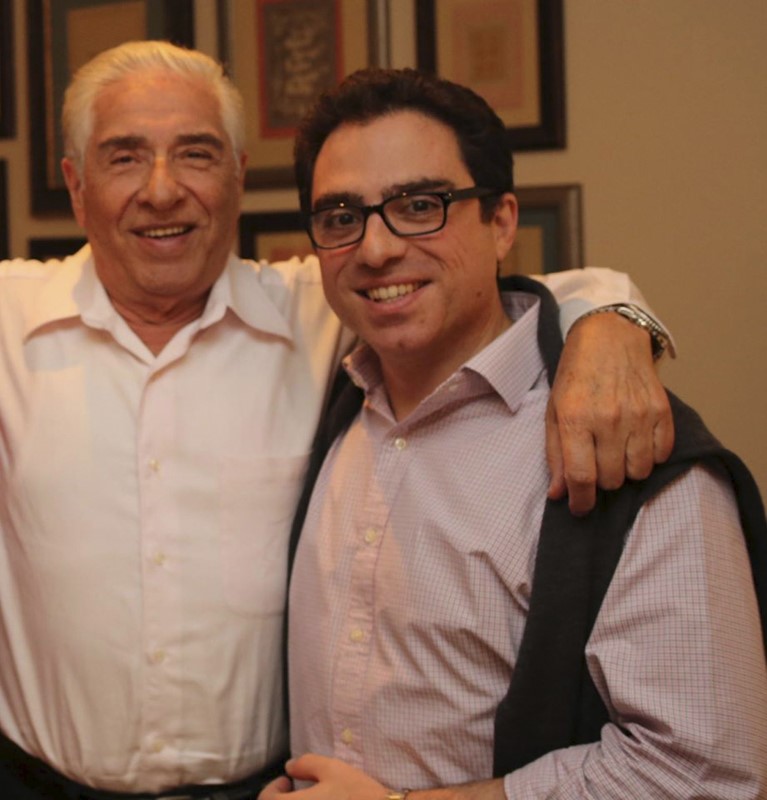By Yeganeh Torbati
WASHINGTON (Reuters) - Advocates for Americans imprisoned by Iranian authorities said on Friday they were concerned the Trump administration's hard line on Iran would close off the chance for talks to secure the prisoners' release.
In a major shift in U.S. policy, President Donald Trump announced he would not certify that Iran is complying with a 2015 nuclear deal and warned that he might ultimately terminate the agreement.
The administration also designated Iran's Islamic Revolutionary Guard Corps, the dominant player in the country's security, economy and politics, as a terrorist group, a move one expert said would make the group less willing to negotiate over the prisoners.
Jason Rezaian, a Washington Post reporter who was detained by Iran for 18 months, said on Twitter that Trump's Iran strategy "will only hurt American hostages being held in Iran."
"I hope I'm wrong, but it looks to me as though Americans being held hostage in #Iran were just abandoned by @realDonaldTrump," Rezaian wrote, using Trump's Twitter handle.
The White House did not respond to a request for comment. A State Department official said the United States calls for the "immediate release" of U.S. citizens held "unjustly" in Iran.
The seven known American citizens and permanent residents who have been detained in the last two years in Iran are businessman Siamak Namazi and his 81-year-old father Baquer Namazi; Princeton doctoral student Xiyue Wang; art gallery owner Karan Vafadari and his wife Afarin Niasari; Robin Reza Shahini, an Iranian-American from California; and Nizar Zakka, a Lebanese national with U.S. permanent residency.
"My biggest frustration is still the U.S. government has no plan for how to resolve this, and my husband has been in prison for 15 months," Wang's wife, Hua Qu, told Reuters.
She said the new U.S. sanctions made her "afraid" for her husband's fate, because they show "that the relationship is deteriorating."
Wang was arrested in August 2016 while doing dissertation research and has been sentenced to 10 years in prison on espionage charges, allegations his family and university deny.
"I don't know when the U.S. government is going to engage Iran," Qu said. "He is living in this terror everyday. He is in despair."
Karim Sadjadpour, an Iran expert at the Carnegie Endowment for International Peace in Washington, said on a conference call with reporters that designating the IRGC as a terrorist group would "make it far more difficult to have a direct line of communication with them."
"The IRGC is going to be in much less of a mood to engage in a serious negotiation with the United States after this," said Sadjadpour, a friend of Namazi.
In January 2016, the Obama administration secured the release of five Americans imprisoned in Iran by agreeing to a much-criticized prisoner swap after protracted direct talks with Iran.
In the months following the swap, the Iranian government arrested several more Americans. The IRGC is typically the entity that has detained and interrogated the Americans, according to their family members and human rights groups.
Jason Poblete, a U.S.-based attorney for Zakka, said the sanctions could be helpful "if it gets these parties talking to each other."
He criticized the Obama administration's approach to Iran as not being focussed enough on "the unconditional release of hostages."

"Anything that moves us to speaking clearly with one another, which is what the president's doing, is much better than all this flimsy talk that had been taking place until now," Poblete said.